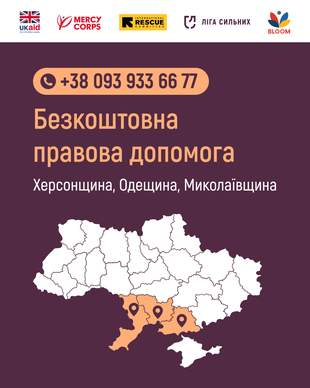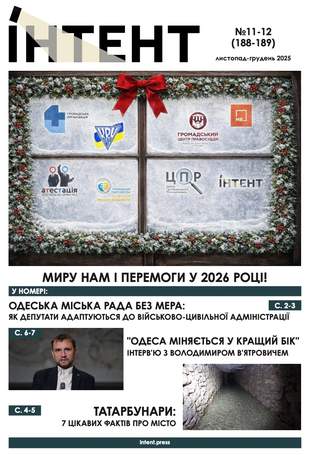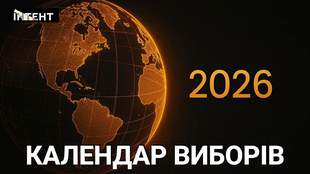Меню
Соціальні мережі
Розділи
Oct. 24, 2024, 9:51 a.m.
Kyiv emphasizes the need for international recognition of the genocide of the Crimean Tatar people
This article also available in English846
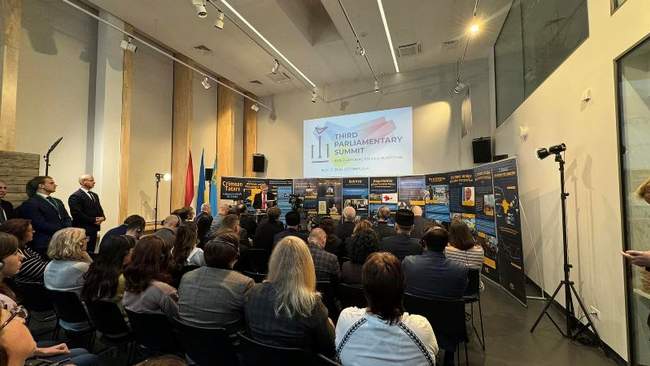
Photo: Crimean Tatar Resource Center
On Wednesday, October 23, the Museum of Occupation of Latvia (Riga) hosted a side event: "Deportation of the Crimean Tatar people in 1944: from the recognition of genocide to the restoration of the rights of the Crimean Tatars within the Ukrainian state" within the framework of the Third Parliamentary Summit of the Crimean Platform.
This was reported by the press service of the Crimean Tatar Resource Center (CTRC).
The post noted that the speakers were:
- Ruslan Stefanchuk - Chairman of the Verkhovna Rada of Ukraine;
- Refat Chubarov - Chairman of the Mejlis of the Crimean Tatar people;
- Nariman Dzhelal, First Deputy Chairman of the Mejlis of the Crimean Tatar People, a prisoner of the Kremlin from September 2021 to June 2024;
- Eskender Bariev - member of the Mejlis of the Crimean Tatar People, Chairman of the Board of the Crimean Tatar Resource Center;
- Andris Teikmanics - Latvian lawyer, politician and diplomat, Chief of Staff to the President of Latvia, E. Levits;
- Ineta Ziemele - Latvian lawyer, jurist, judge. President of the Constitutional Court of Latvia (2017-2020).
The moderator was Romualds Rajuks, member of the Saeima of the 12th convocation (2014-2018), second chairman of the People's Front of Latvia.
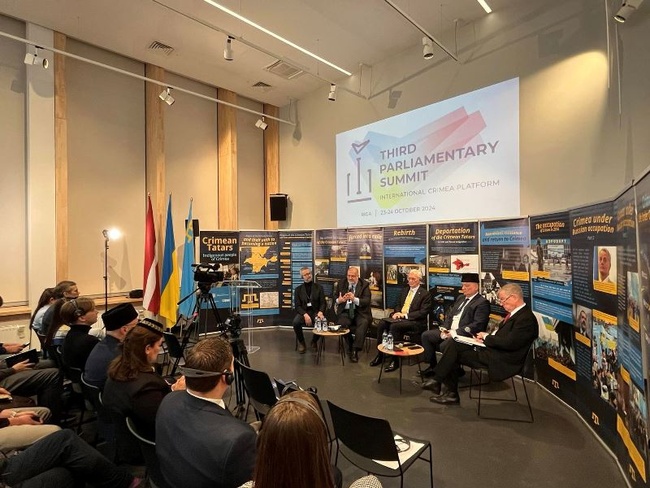
Photo: Crimean Tatar Resource Center
The participants of the event focused on the international recognition of the deportation as genocide, including the involvement of the member states of the International Crimean Platform in this process. In addition, the speakers discussed the scale and consequences of the losses suffered by the Crimean Tatars as a result of the deportation, as well as the role and place of international organizations in ensuring the rights of the indigenous Crimean Tatar people, including the right to self-determination within a sovereign Ukrainian state.
Special attention was also paid to the importance of international mechanisms for the reintegration of the temporarily occupied Crimea into Ukraine. Thus, Eskender Bariev spoke about the model of the Future of Crimea, which consists of the following components:
I. Positive Ukrainization of Crimea;
II. Guaranteed protection of human rights in Crimea;
III. Realization of the collective rights of the indigenous peoples of Ukraine;
IV. The Autonomous Republic of Crimea is a national-territorial autonomy of the Crimean Tatar people;
V. Crimea is an economically developed and touristically attractive region of Ukraine.
The CTRC video "Not convicted yesterday - repeated today" was shown to all those present.
